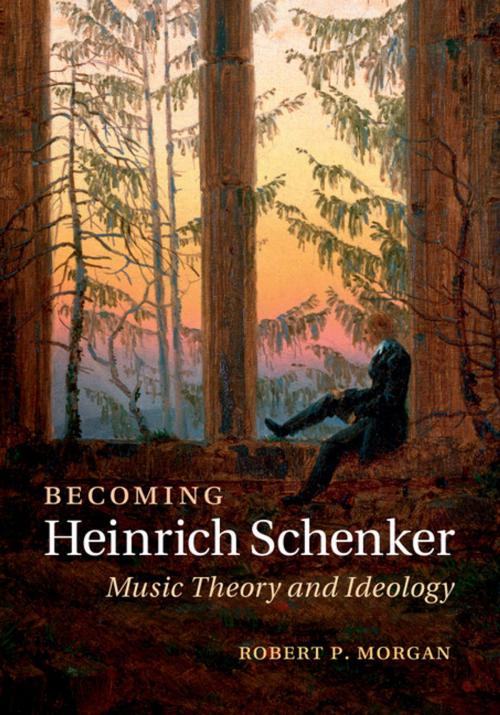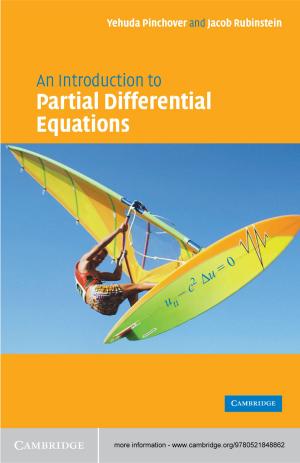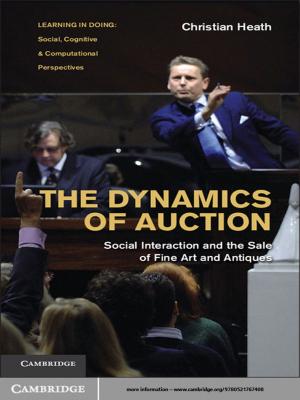Becoming Heinrich Schenker
Music Theory and Ideology
Nonfiction, Entertainment, Music, Theory & Criticism, History & Criticism, Reference| Author: | Robert P. Morgan | ISBN: | 9781316054703 |
| Publisher: | Cambridge University Press | Publication: | July 24, 2014 |
| Imprint: | Cambridge University Press | Language: | English |
| Author: | Robert P. Morgan |
| ISBN: | 9781316054703 |
| Publisher: | Cambridge University Press |
| Publication: | July 24, 2014 |
| Imprint: | Cambridge University Press |
| Language: | English |
Much controversy surrounds Schenker's mature theory and its attempt to explain musical pitch motion. Becoming Heinrich Schenker brings a new perspective to Schenker's theoretical work, showing that ideas characteristic of his mature theory, although in many respects fundamentally different, developed logically out of his earlier ideas. Robert P. Morgan provides an introduction to Schenker's mature theory and traces its development through all of his major publications, considering each in detail and with numerous music examples. Morgan also explores the relationship between Schenker's theory and his troubled ideology, which crucially influenced the evolution of his ideas and was heavily dependent upon both the empirical and idealist strains of contemporary German philosophical thought. Relying where possible on quotations from Schenker's own words, this book offers a balanced approach to his theory and a unique overview of this central music figure, generally considered to be the most prominent music theorist of the twentieth century.
Much controversy surrounds Schenker's mature theory and its attempt to explain musical pitch motion. Becoming Heinrich Schenker brings a new perspective to Schenker's theoretical work, showing that ideas characteristic of his mature theory, although in many respects fundamentally different, developed logically out of his earlier ideas. Robert P. Morgan provides an introduction to Schenker's mature theory and traces its development through all of his major publications, considering each in detail and with numerous music examples. Morgan also explores the relationship between Schenker's theory and his troubled ideology, which crucially influenced the evolution of his ideas and was heavily dependent upon both the empirical and idealist strains of contemporary German philosophical thought. Relying where possible on quotations from Schenker's own words, this book offers a balanced approach to his theory and a unique overview of this central music figure, generally considered to be the most prominent music theorist of the twentieth century.















